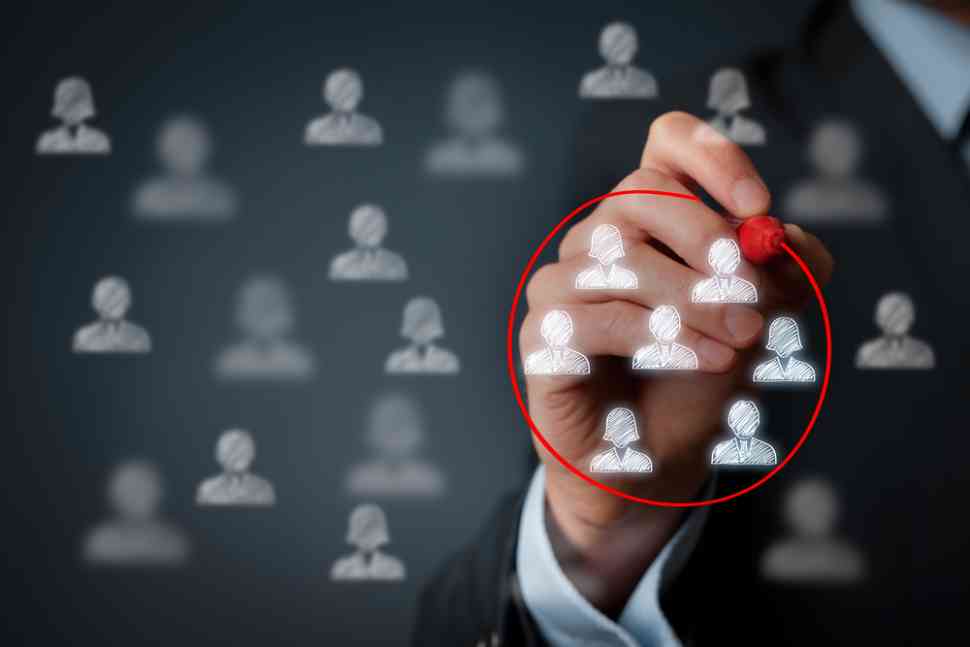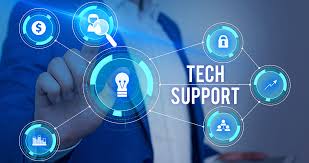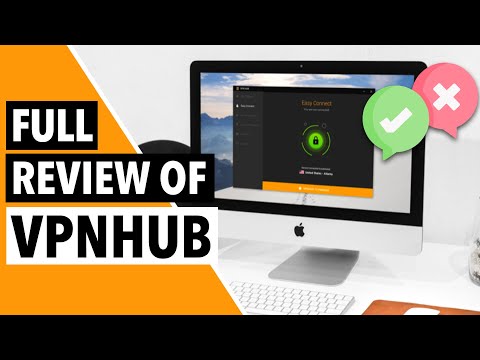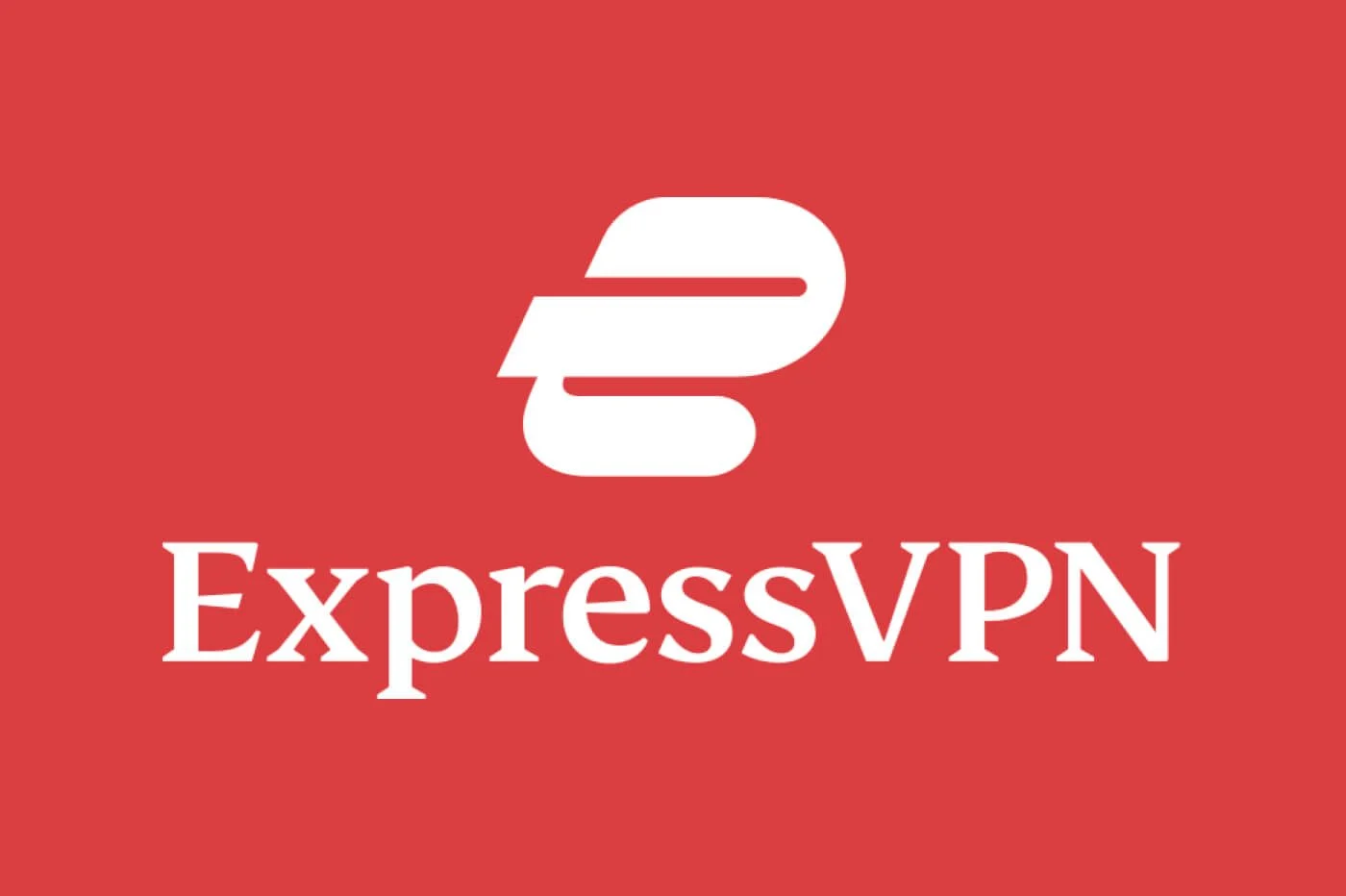Knowing the benefits of Social media and its drawbacks
The benefits of social media while mitigating its drawbacks, users must be vigilant about their online behavior, and your privacy settings.

In the age of digital connectivity, benefits of social media has become an integral part of our lives. From staying in touch with friends and family to staying updated with the latest news and trends, it has revolutionized the way we communicate and interact.
However, like any technological advancement, social media comes with its own set of benefits and drawbacks. In this blog post, we will delve into the world of social media, exploring its advantages and potential pitfalls.
Benefits of Social Media:
1. Global Connectivity: One of the most significant benefits of social media is its ability to connect people across the globe. Regardless of geographical boundaries, you can instantly communicate with someone on the other side of the world. This has opened up opportunities for international friendships, business collaborations, and cultural exchanges.
2. Information and Awareness: Social media serves as a powerful tool for disseminating information and raising awareness about important issues. From breaking news to public health campaigns, platforms like Twitter and Facebook enable the rapid spread of information, helping people stay informed and engaged.
3. Networking and Career Opportunities: LinkedIn, the professional networking platform, has become a go-to resource for job seekers and employers alike. It allows individuals to showcase their skills, connect with industry professionals, and discover job openings. Social media also facilitates networking within various industries, which can lead to valuable career opportunities.
4. Creative Expression: Platforms like Instagram and TikTok provide a platform for creative expression. Users can share their art, music, photography, and other talents with a global audience. This democratization of creativity has empowered individuals to pursue their passions and gain recognition.
5. Supportive Communities: Social media has given rise to online communities where people with shared interests or experiences can come together for support and camaraderie. Whether it's a support group for a medical condition or a fan club for a niche hobby, these communities provide a sense of belonging and understanding.
6. Education and Learning: With the advent of online courses, webinars, and educational content, social media has also become a hub for learning. Platforms like YouTube and Facebook host educational channels and groups where individuals can expand their knowledge and acquire new skills.
7. Business and Marketing:, Social media for businesses is a game-changer. It offers a cost-effective way to reach a vast audience and build brand recognition. Through targeted advertising and engagement with customers, companies can grow their customer base and increase sales.
8. Social Activism and Advocacy: Social media has played a pivotal role in social activism and advocacy. Movements like #BlackLivesMatter and #MeToo gained widespread attention and support through platforms like Twitter and Instagram. Social media empowers individuals to amplify their voices and advocate for change.
Drawbacks of Social Media:
1. Privacy Concerns: One of the most significant drawbacks of social media is the erosion of personal privacy. Users often share personal information, and data breaches and privacy violations are not uncommon. This can lead to identity theft, cyberbullying, and other malicious activities.
2. Addiction and Mental Health Issues: The addictive nature of social media can lead to excessive use, negatively impacting mental health. Constant comparison to others, cyberbullying, and the fear of missing out (FOMO) can contribute to anxiety, depression, and low self-esteem.
3. Spread of Misinformation: While social media can be a valuable source of information, it is also rife with misinformation and fake news. False narratives can spread rapidly, leading to public confusion and mistrust of credible sources.
4. Filter Bubbles and Echo Chambers: Social media algorithms often curate content based on a user's preferences and past behavior, creating filter bubbles and echo chambers. This can limit exposure to diverse viewpoints and reinforce existing biases, contributing to polarization.
5. Cyberbullying and Online Harassment: The anonymity provided by social media can embolden individuals to engage in cyberbullying and online harassment. This can have devastating effects on the mental and emotional well-being of victims.
6. Time Wasting: Many people find themselves spending excessive amounts of time on social media, often mindlessly scrolling through feeds. This can lead to procrastination and a lack of productivity in other aspects of life.
7. FOMO and Social Comparison: Social media can exacerbate the fear of missing out (FOMO) and lead to constant social comparison. Seeing curated images of others' seemingly perfect lives can create feelings of inadequacy and jealousy.
8. Online Security Risks: Apart from privacy concerns, social media can pose security risks. Hackers and scammers use platforms to launch phishing attacks, malware distribution, and other cybercrimes.
In conclusion, social media is a double-edged sword, offering numerous benefits while also presenting potential drawbacks. Its impact on individuals and society as a whole depends largely on how it is used.
To harness the benefits of social media while mitigating its drawbacks, it is essential for users to practice responsible and mindful online behavior.
Additionally, policymakers, social media companies, and users must work together to address issues such as privacy violations, misinformation, and cyberbullying, to create a safer and more positive online environment for all.
What's Your Reaction?

















